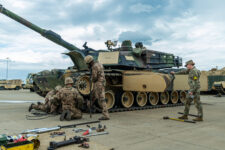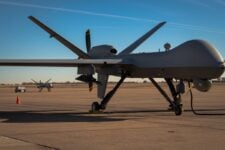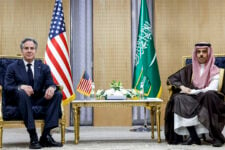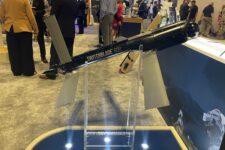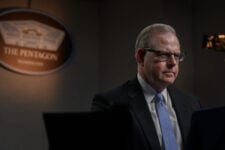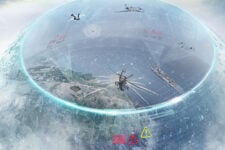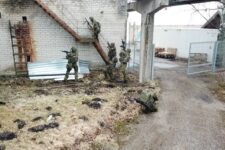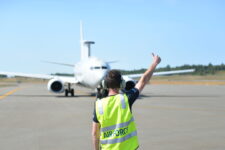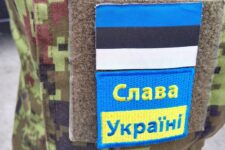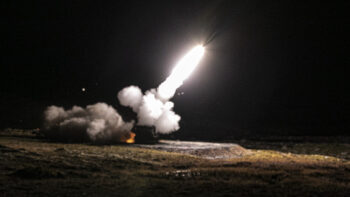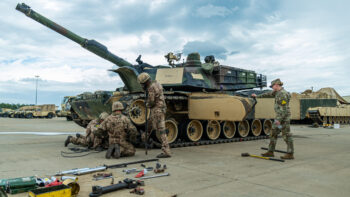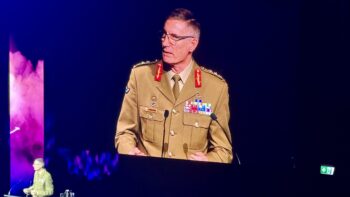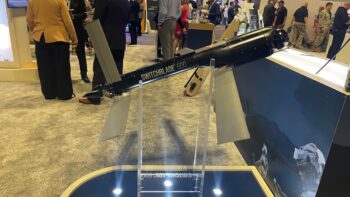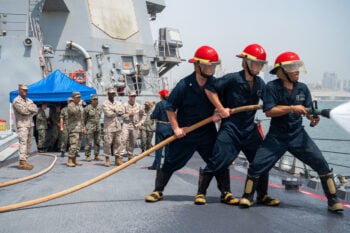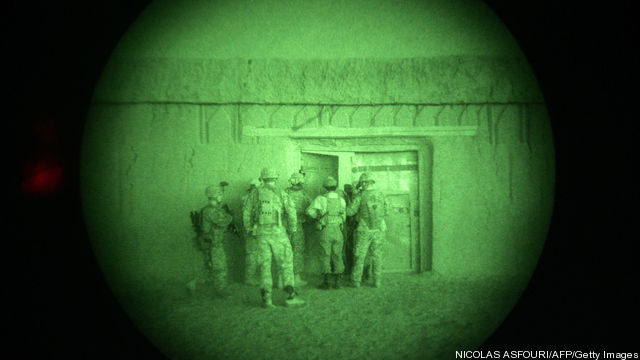
WASHINGTON: Over the next few years, Special Operations forces will gradually revert to the role that has been their bread and butter for much of their existence: training and assisting local forces around the globe to strengthen partners militaries.
The global Special Operations presence will be large, some 12,000 troops around the world, according to Michael Sheehan, assistant secretary of defense for special operation/low intensity conflict (ASD SOLIC). There are roughly 4,500 Special Operation troops already in Afghanistan.
Foreign internal defense, one of the five core missions of special operators, will grow increasingly important as U.S. general purpose forces — also known as regular Army, Marines and Air Force –withdraw from Afghanistan. “Yes, ideally we will be reducing our direct action role in Afghanistan,” Sheehan said, adding that turning over responsibility to Afghan forces to do the sort of raids that Special Operations forces have specialized in is key to allied success there.
“Hopefully they will be doing less of it around the world as we train our partners to go through the door,” he told the SOLIC Symposium run by the National Defense Industrial Association. “It’s always a better scenario when the local goes through the door and he puts somebody in handcuffs, because someone in handcuffs you get intelligence from.”
Sheehan said this shift is “the essence of the strategy” in Afghanistan, one he is confident will succeed.
One thing for bad guys to bear in mind: Special Operations will retain the direct action mission and the capability to execute it, Sheehan said.
In acquisition news, Sheehan said he had an open door for industry to come by and discuss capabilities, but to bear in mind that the SOLIC office doesn’t actually buy anything. But close watchers of the special operations world know that a word from the ASD SOLIC in SOCOM’s ear cannot hurt. He also made it crystal clear that the special operations community is unlikely to suffer budget cuts any time soon.
“Fortunately for us in the special operations community, we are going to come out of this pretty well,” he said.
Taking aim: Army leaders ponder mix of precision munitions vs conventional
Three four-star US Army generals this week weighed in with their opinions about finding the right balance between conventional and high-tech munitions – but the answers aren’t easy.



